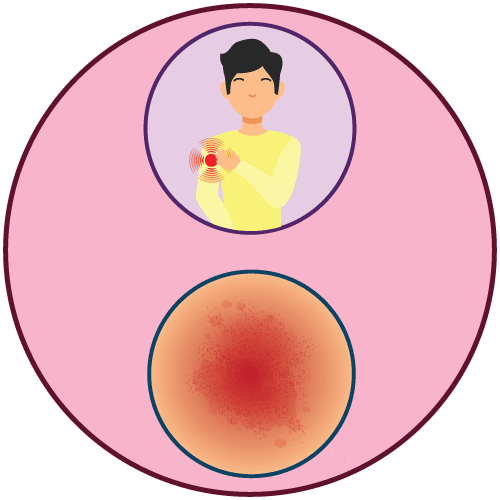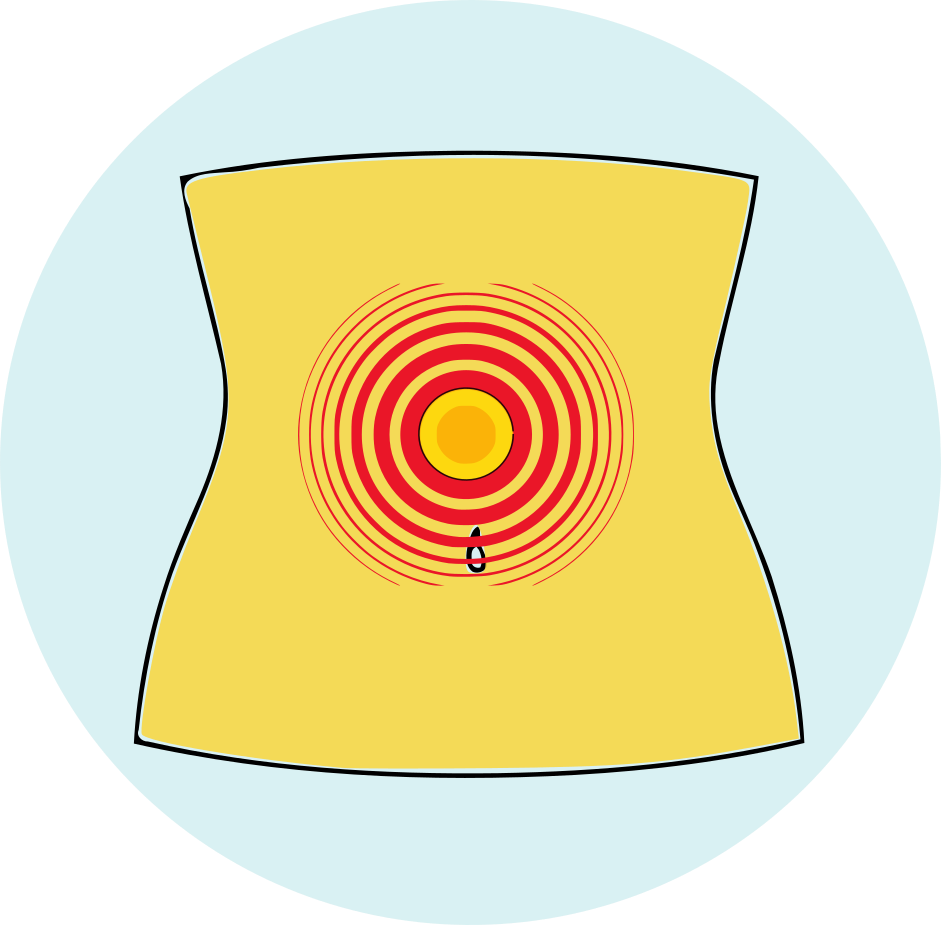| Name | Vitamin B1 |
| Classes |
Nutritional Supplement Vitamin |
| Diseases |
Beriberi Malnutrition Vitamin B1 Deficiency |
Vitamin B1
Vitamin B1, often known as thiamine, in one of the 8 essential vitamins which means that our body cannot produce this vitamin on its own. It is soluble in water. Vitamin B1 allows the body to utilize carbohydrates for energy. It is required for glucose metabolism and is important for nerve, muscle, and cardiac function.
Vitamin B1 preparations are indicated in individuals having vitamin deficiency and malnourishment. Beriberi is a disease that is caused by chronic vitamin B1 deficiency. Loss of appetite, fatigue, nerve damage, irritability are the symptoms of vitamin B1 deficiency.
|
|
For men aged 19 and up, the Recommended Dietary Allowance (RDA) is 1.2 mg per day, while for women aged 19 and up, it is 1.1 mg per day. The dose is increased to 1.4 mg per day during pregnancy and breastfeeding.
Thiamine preparations are generally well tolerated and rarely causes any side effects. In some people, the urine may turn orange. In case of overdosage, the following side effects may appear.
- Diarrhea
- Abdominal pain
Repeated parenteral delivery raises the risk of anaphylaxis. Mild allergic symptoms, such as sneezing or mild asthma, are warning signs that anaphylactic shock is on the way. To avoid this, it's best to start a second round of injections with a dose that's far lower than the first.
Contraindication
Contraindicated in patients hypersensitive to any component of the formulation.
There is no known contraindications of the preparation in terms of food and drinks.
None known.
 Bangla
Bangla English
English


